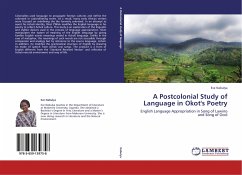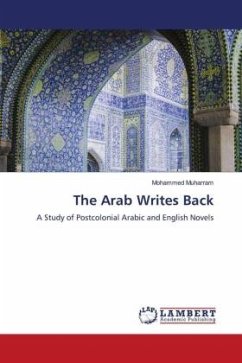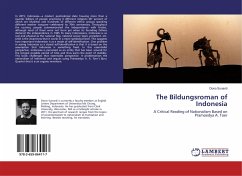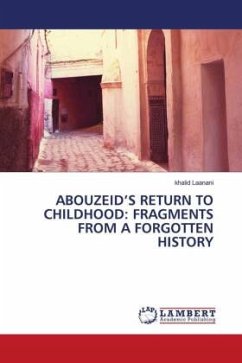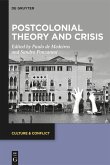Colonialists used language to propagate foreign cultures and define the colonised in subordinating terms. As a result, many early African writers were focused on redefining the the formerly colonised. In an attempt to assert his Acholi identity, Okot P'Bitek modifies the English language in his poetry to reflect Acholi culture. This study is an exploration of the linguistic and stylistic devices used in the process of language appropriation. Okot manipulates the system of meaning of the English language by giving familiar English words meanings vested in Acholi language. Unlike in the case of metaphor, the meanings of such words are not accessible through comparison and analogy but by reference to the source language, Acholi. In addition, he modifies the grammatical structure of English by drawing his mode of speech from Acholi oral songs. The product is a form of English different from the 'Standard Received Version' and reflective of Acholi natural environment and way of life.
Bitte wählen Sie Ihr Anliegen aus.
Rechnungen
Retourenschein anfordern
Bestellstatus
Storno

